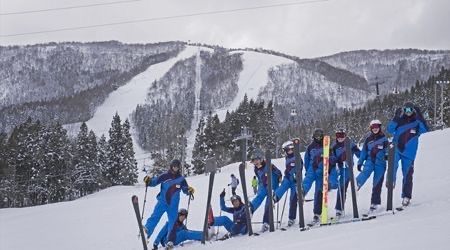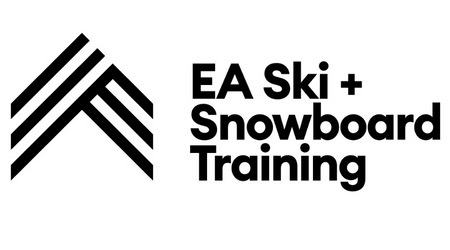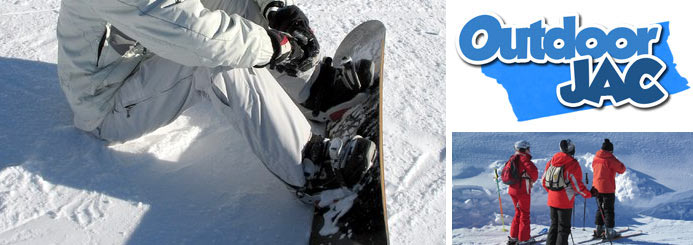Snowboarding is huge and getting bigger every season. High profile events in the Winter Olympics boost interest and increase demand for qualified instructors. Find out how to get your instructor qualification here.
Canadian Association of Snowboard Instructors (CASI)
Level 1 Snowboard Instructor this course makes sure you are comfortable riding and teaching in from of a group of beginners. It qualifies you to teach entry level snowboarding in Australia, Canada, Japan and the USA. More details and an online workshop can be found here: casi-acms.com.
Snowboard Instruction of New Zealand (SBINZ)
Level 1 Snowboard Instructor this is qualification you will receive if you train in New Zealand. Covering all aspects of beginner tuition, including how to manage a class of students, your own improvement, and of course safety. It allows you to teach in Canada, Japan, New Zealand and the USA.
British Association of Snowsport Instructors (BASI)
Level 1 Snowboard Instructor course only qualifies you to work on artificial and indoor slopes. To work in a ski resort you will also need the Level 2 Snowboard Instructor qualification. Level 2 allows you to work in Australia, New Zealand, USA and Canada, and Switzerland. It is a well recognized qualification and smaller resorts may also help you with your visa.
If you want to teach in Italy and France it gets a bit more complicated. Some resorts in Italy are not as strict, though will often limit the amount of time you can teach. If you want to teach snowboarding in France, you'll basically have to be an outrageously good snowboarder (or skier - they don't recognise foreign snowboarding qualifications but they are quite happy to allow ski instructors to teach snowboarding!?). You are looking at perhaps BASI Level 4 before you can even contemplate teaching in a French resort.
You have a number of options when it comes to the amount of time you would like to spend on your course. Some may be UK based and part time, such as weekends, others may be a month or six weeks, but there is also the option to spend the majority of a season on a course. Short courses generally last a few weeks and are designed to be quite intensive, perhaps allowing you to train and begin teaching in the same season. If you want to have the time to qualify at a more leisurely pace, with more time to practice your technique, you may choose to take a longer course, lasting several months. Don't forget, there are training courses available here in the UK too.
Which ever course you choose, your time will be split between practice and theory, and also between developing your own snowboarding skills, and your teaching technique.
Chris Milton - Level Two SBINZ course Ruapehu
"After completing my university degree I wanted to spend some time in New Zealand, and indulge my passion for snowboarding. As part of the task of getting out there I decided to sign up on a Level Two course, having already completed Level One during the summer holidays in my second year. I thought I was already pretty good, but the Level Two course was even better than the first in that it gave me more confidence and made me realise that I wanted to take the job even further. The tuition was really good, the guys knew exactly how to show me how to get the best from my riding style. After I qualified I spent most of the season getting experience and even managed a bit of teaching, so that I can start my Level Three next year."



![]() Japan
Japan ![]() Details & Apply..
Details & Apply.. POPULAR SNOWBOARD INSTRUCTOR OPPORTUNITIES
POPULAR SNOWBOARD INSTRUCTOR OPPORTUNITIES








